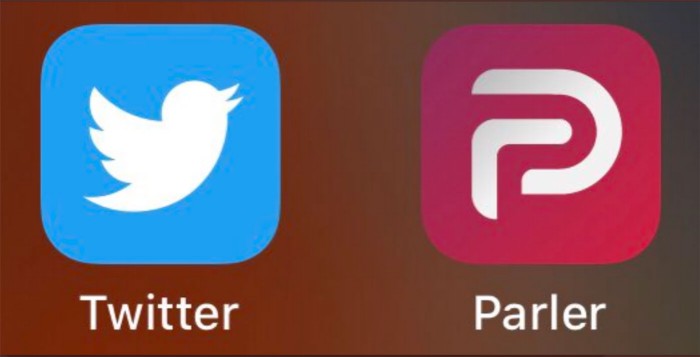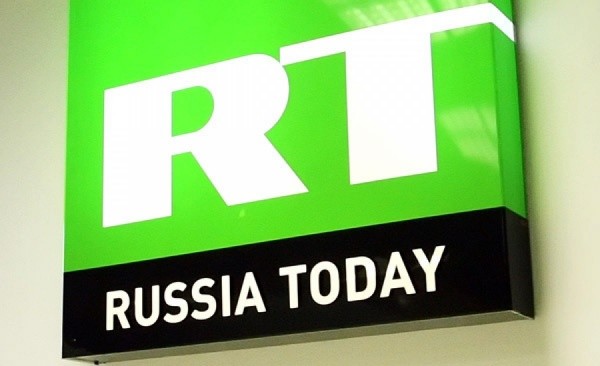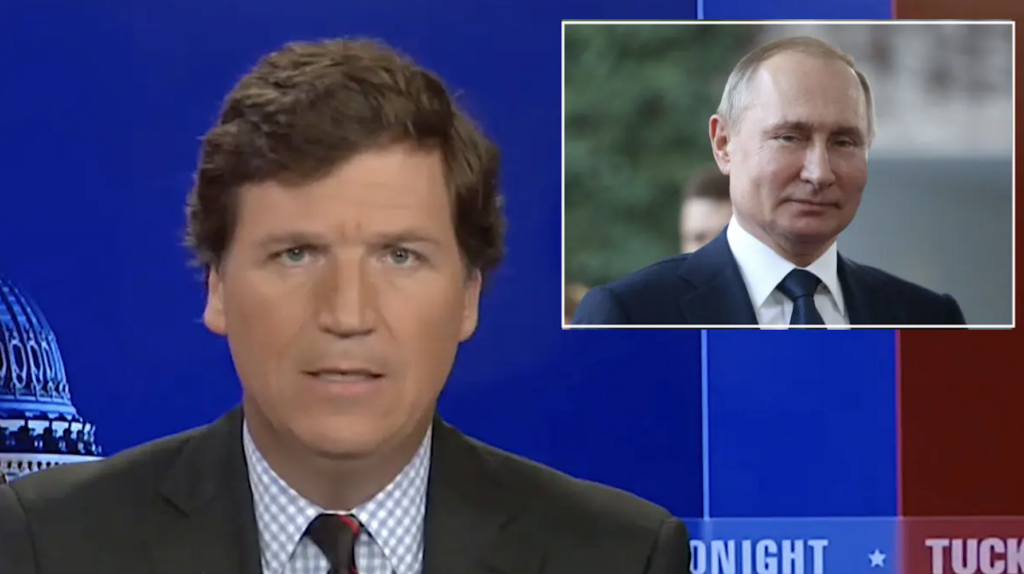US media is reporting that White House coronavirus adviser Dr. Scott Atlas has apologized for appearing on RT (formerly Russia Today) , a state-controlled international television network funded by the Russian taxes. According to the NPR report, Atlas claimed he was unaware that RT is a registered foreign agent in the US:
White House coronavirus adviser Dr. Scott Atlas apologized on Sunday for doing an interview with Russia’s state-backed RT network, saying he “was unaware they are a registered foreign agent.” RT, formerly known as Russia Today, is an international television and digital news network financed by the Russian government. The production company behind its U. S. arm, RT America, registered as a foreign agent under the Foreign Agents Registration Act in 2017, meaning its content is labeled as propaganda attempting to influence U. S. public opinion, policy and laws. RT is one of more than a dozen media outlets that Facebook began labeling in June as under state control. RT’s Twitter page is also labeled as “Russian state-affiliated media.” “I regret doing the interview and apologize for allowing myself to be taken advantage of,” Atlas said in a tweet. “I especially apologize to the national security community who is working hard to defend us.” A 2017 report by national intelligence agencies said that RT, as part of Russia’s “state-run propaganda machine,” contributed to the campaign to interfere in the 2016 presidential election by “serving as a platform for Kremlin messaging to Russian and international audiences.” National security experts have raised similar concerns in the 2020 election. In the interview published Saturday, Atlas downplayed the severity of the U. S. coronavirus surge and said that lockdowns aimed at curbing the spread of COVID-19 are “not impactful” and “killing people.”
Read the rest here.
In October, US media reported that Twitter had removed a Tweet from Atlas that “that sought to undermine the importance of face masks because it was in violation of the platform’s Covid-19 Misleading Information Policy.”
In 2017, the NYT characterized RT (formerly Russia Today) as follows:
Analysts are sharply divided about the influence of RT. Pointing to its minuscule ratings numbers, many caution against overstating its impact. Yet focusing on ratings may miss the point, says Peter Pomerantsev, who wrote a book three years ago that described Russia’s use of television for propaganda. “Ratings aren’t the main thing for them,” he said. “These are campaigns for financial, political and media influence.” RT and Sputnik propel those campaigns by helping create the fodder for thousands of fake news propagators and providing another outlet for hacked material that can serve Russian interests, said Ben Nimmo, who studies RT for the Atlantic Council. Whatever its impact, RT is unquestionably a case study in the complexity of modern propaganda. It is both a slick modern television network, dressed up with great visuals and stylish presenters, and a content farm that helps feed the European far right. Viewers find it difficult to discern exactly what is journalism and what is propaganda, what may be “fake news” and what is real but presented with a strong slant.









COMMENTS
Comments are closed here.